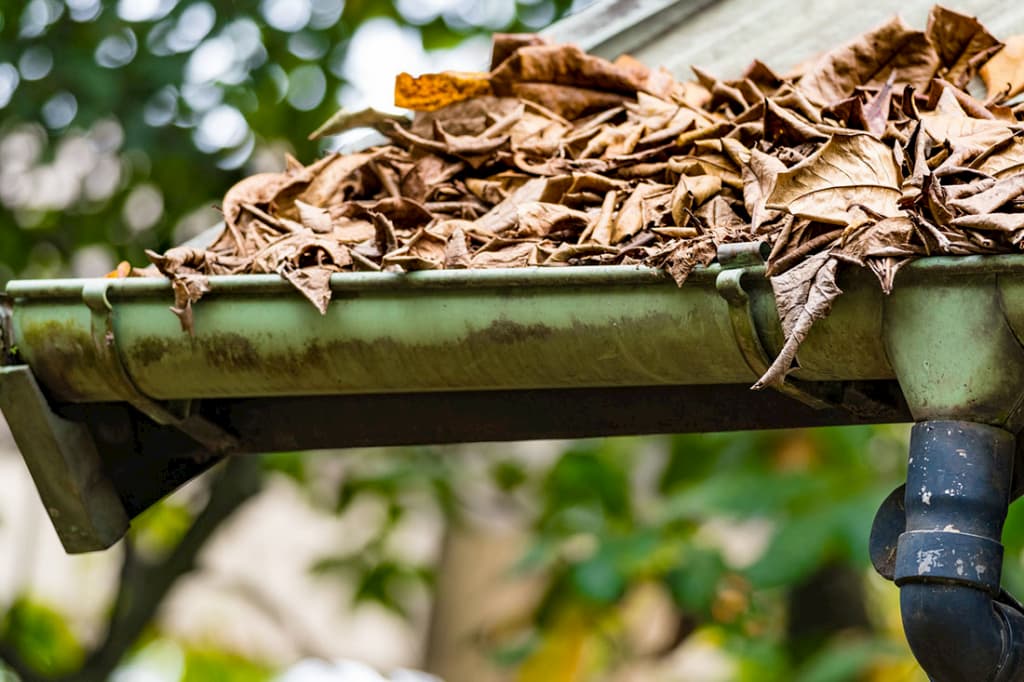Key Takeouts
Check: quick check of appliances with flexi-hoses, taking particular notice of corrosion and deterioration.
Clean: A yearly clean out of gutters, especially for high fire-prone areas or homes that are in leafy streets or surrounded by deciduous trees.
Flush (Don't Flush): A fortnightly pouring of boiling water down regularly used sinks and drains. Avoid using store-bought drain cleaners, and keep flushable wipes far away from anything that flushes.
Burst Flexi Hoses
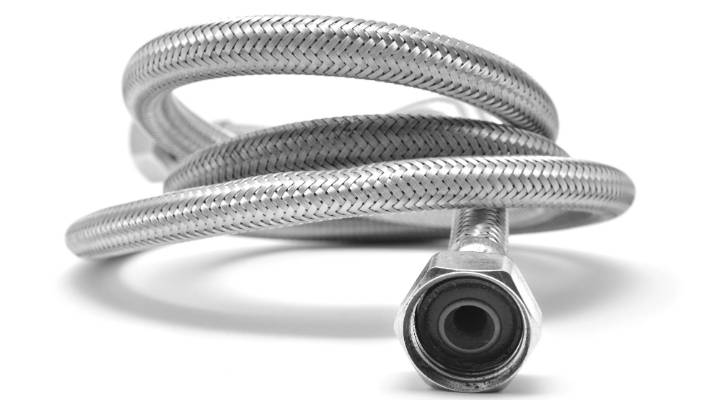
One of the most frequent reasons for water damage in homes is due to burst flexi hoses, accounting for more than 20% of claims each year. You will find these hoses connected to taps, toilets, washing machines and dishwashers. Check the hose quality every few months, particularly for the washing machine and dishwasher where detergent can accelerate corrosion. A regular check of these hoses can avoid having to fork out an average of $5,000 in damages should one of them burst.
Blocked Gutters
If the gutters of your home suffer from fallen leaves or seasonal debris, then it’s strongly recommended to clear your gutters at least twice a year. A build-up of leaves in gutters is a serious risk to homes throughout the year and can create significant problems, especially for homes that are in high fire prone areas. Additionally, during heavy rainfall, leaves can condense quickly, creating compact blockages in gutters and down-pipes.
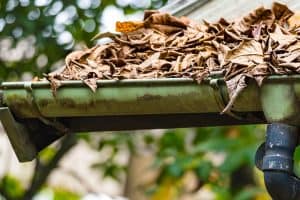
Clogged or overflowing gutters can not only cause excess water to collect around the foundations of your home, but they can also cause expensive structural damage to walls, ceilings and window frames, and also lead to pest infestation – the moist conditions are ideal for mosquitoes, cockroaches, and flies, all of which can carry diseases.
Repairing foundational damage can cost you upwards of $10,000, but it can be avoided with a quick gutter clean-out twice a year.
For a little extra protection, gutter guards can also be quite effective in managing fallen debris, however they aren't 100% full-proof. A yearly gutter check is still recommended.
Blocked Drains / Sinks
Most blocked drains within the home get blocked from every-day grime, but the long-term impacts can easily be avoided.
In the kitchen, grease, fat and food cause the majority of blockages. Rinsing hot fat (or oil) from pans down the drain is a big no-no as it quickly cools and eventually solidifies.
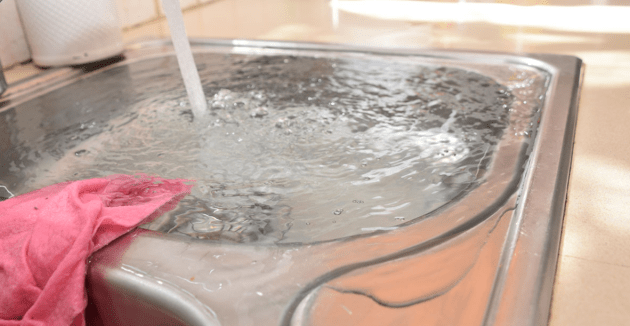
In the shower, it’s often hair – often going unnoticed, yet can create large clumps that block water flow.
By simply pouring (near) boiling water down each drain every couple of weeks is a great way to help flush through any gunk and keep the pipes clear. Adding a little baking soda and vinegar to the mix can also help in dissolving the matter.
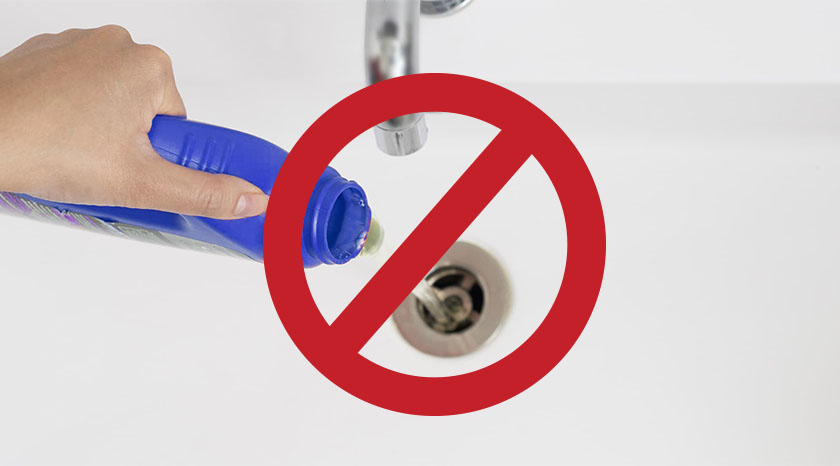
Whatever you do, avoid using store-bought drain cleaners as a solution for any pre-existing or stubborn blockages. If the regular application of the hot water solution hasn't worked, try removing it by ‘plunging’ or ‘snaking’ the drain. Otherwise, call your local plumber. Chemical cleaners will often only damage your pipes and further solidify the blockage.
When it comes to the loo, there are 2 notorious cloggers that have been wreaking havoc on plumbing worldwide:
1: 'Luxury' toilet paper - The more expensive, thicker, 'luxurious' toilet paper (e.g. 4-ply). Brands may promise 'superior softness' on your bum, but they have become a growing cause for emergency plumbing services over the last few years. The more eco-friendly and less expensive options are typically easier on your home's pipes.
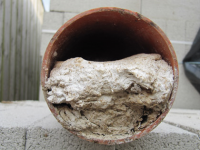
2: Flushable wipes - Although the packaging states they are flushable, Australia's water service providers would strongly disagree. According to CHOICE, utilities are spending an estimated $15 million a year to clear blockages they say are largely caused by wet wipes.
These wipes cause serious damage to sewer drains resulting in wastewater or sewerage spill, and they also greatly increase the risk of pipe blockages and overflows to local creeks and rivers. So either put them in the garbage, or avoid using them altogether.
A lot of water damage that happens to homes can often be easily prevented. It doesn't take a lot of time or effort to keep your home's plumbing running smoothly and clog free. A quick 2 minute quality check of any corrosion to flexi-hoses, a bi-annual clean-out of gutter debris, applying a regular simple DIY hot water flush to drains, or getting a plumber in once a year as a preventitve measure could end up saving you a small fortune and a whole lot of inconvenience.
Average plumber costs for unblocking drains:
1. to unblock a simple toilet or kitchen drain : $100
2. clearing a short stretch of blocked drain : $300 - $500
3. to replace a portion of your drainage piping : $3,000 - $5,000

